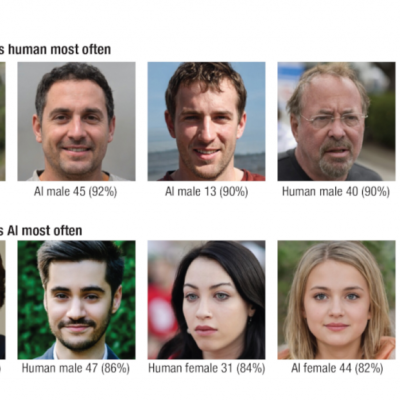A new study by researchers at Harvard Medical School and the University of Copenhagen has found that an artificial intelligence (AI) system can predict the likelihood of pancreatic cancer up to three years before diagnosis. Pancreatic cancer is one of the most aggressive forms of cancer, and early detection is crucial for improving survival rates. In Germany, it is one of the leading causes of cancer-related deaths, with around 19,000 new cases each year. Due to its late onset of symptoms and rapid progression, pancreatic cancer is often diagnosed at an advanced stage, resulting in a low 5-year survival rate of just 10%.
To train the AI system, the researchers used medical records of nine million people from the US and Denmark. The system was able to identify patterns in the data that were typical of people with pancreatic cancer, and make predictions about which patients were likely to develop the disease. The researchers found that the AI system was more accurate than current estimates of disease incidence in the general population. The system was able to identify individuals with an increased risk of developing pancreatic cancer over different time periods, from six months to three years.
The researchers believe that the AI system could be used to improve clinical decision-making, by identifying individuals who are at high risk of developing pancreatic cancer and who would benefit from further testing. This could lead to earlier diagnosis, more timely treatment, and improved outcomes for patients. The system could also be used to screen populations for pancreatic cancer, which is currently not possible with existing tools. The researchers hope that their findings will lead to the development of new screening and diagnostic tools for pancreatic cancer, and ultimately improve survival rates for this deadly disease.










